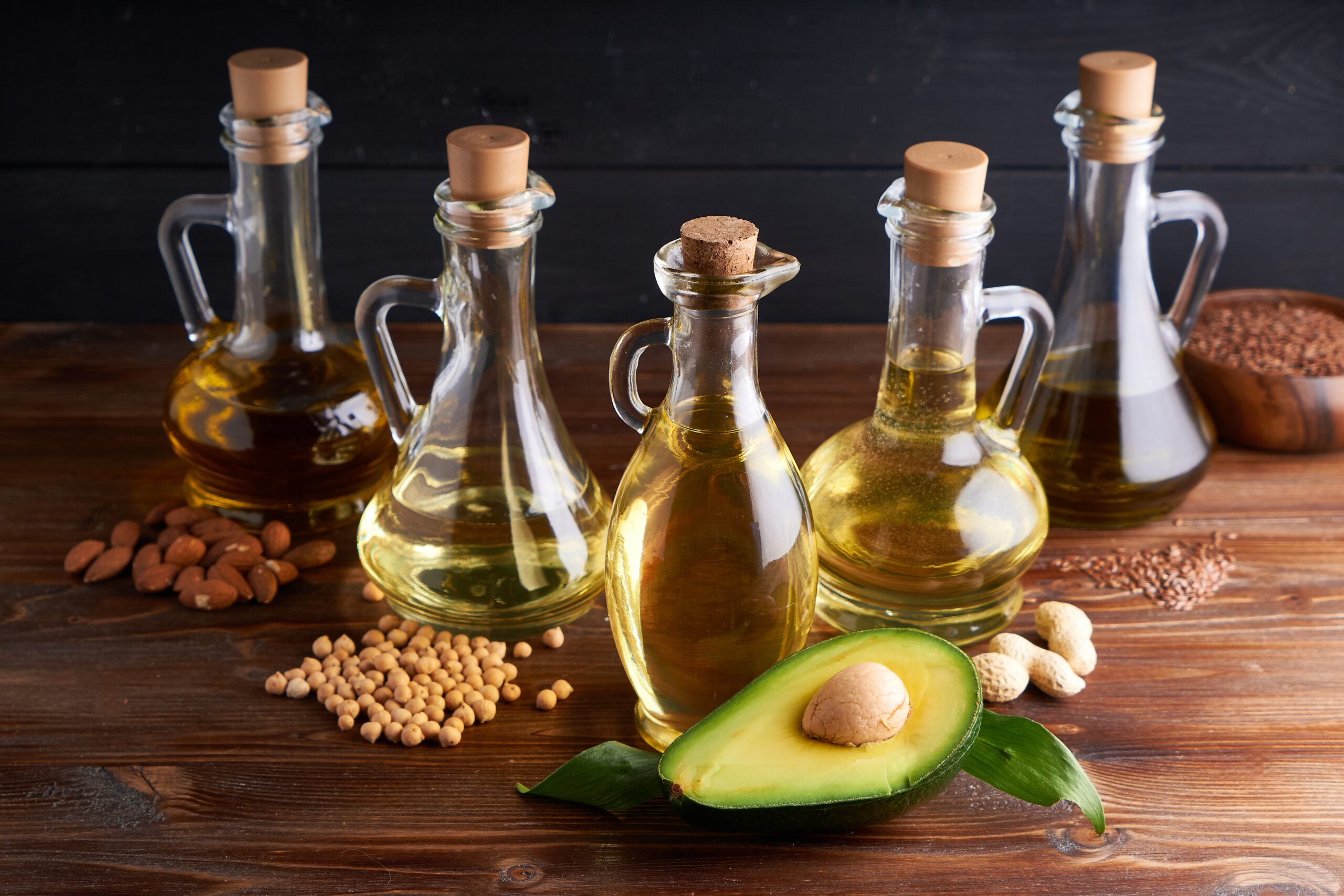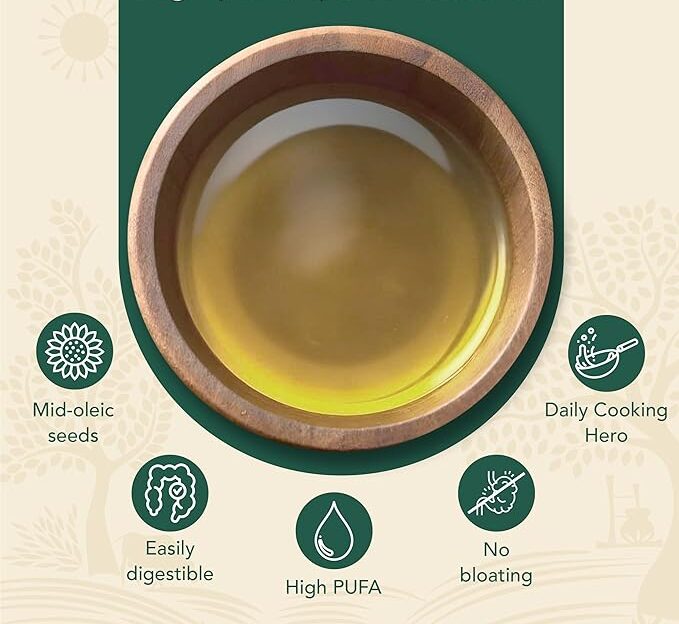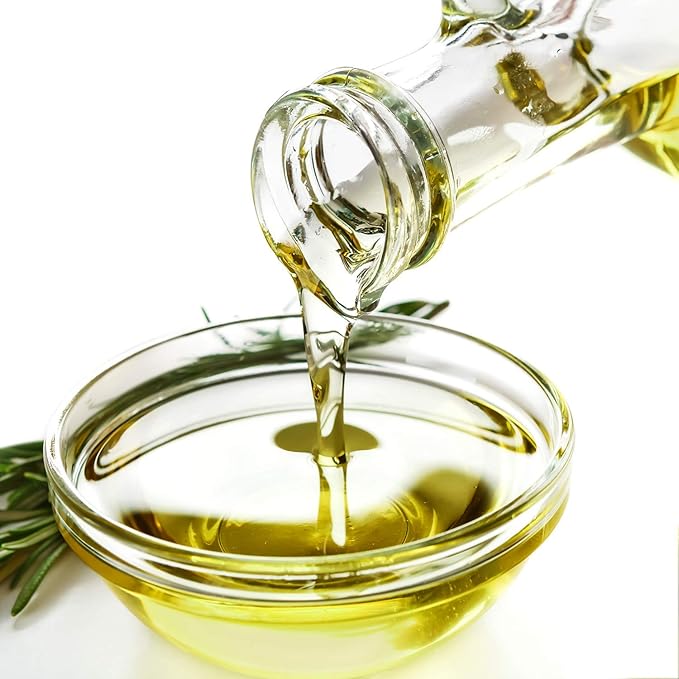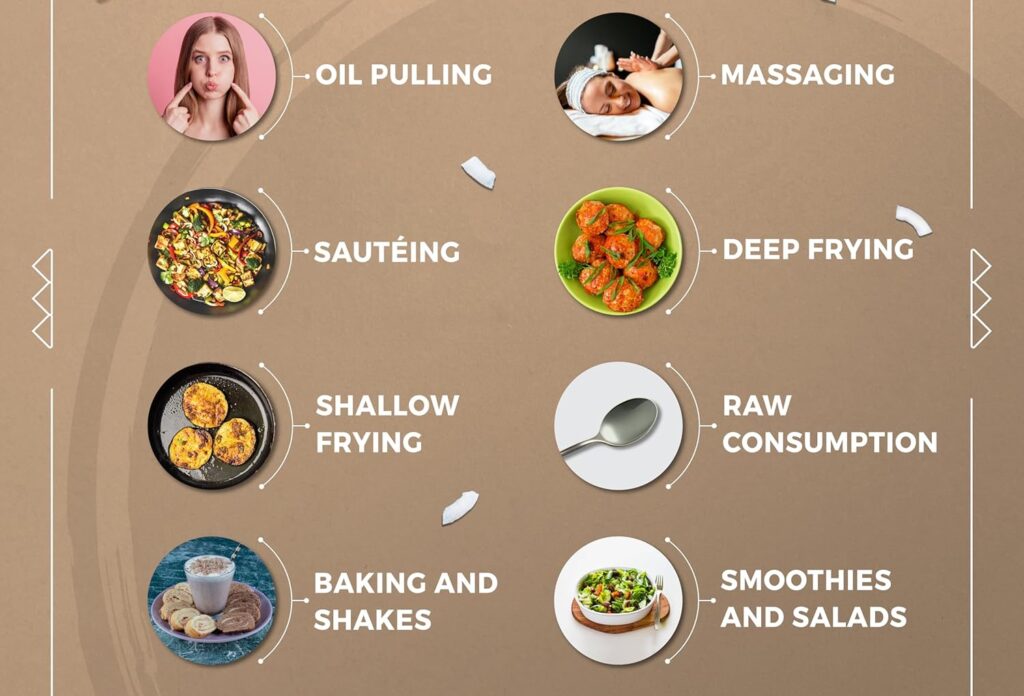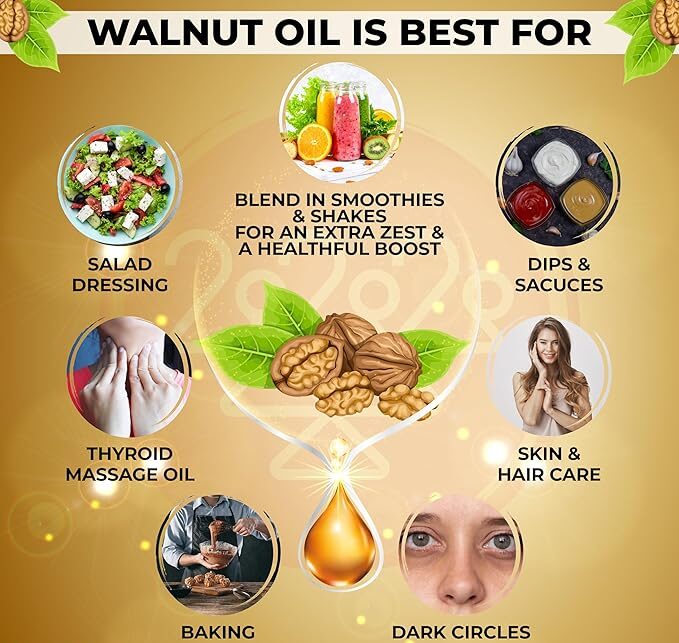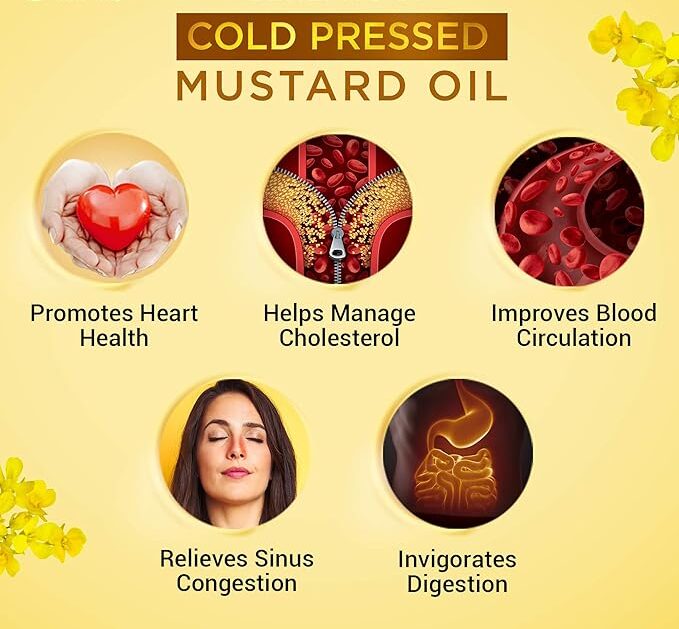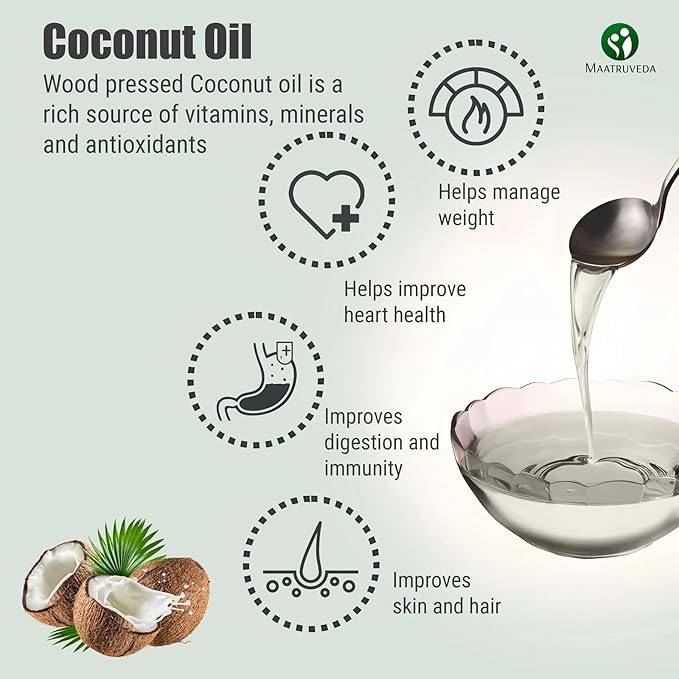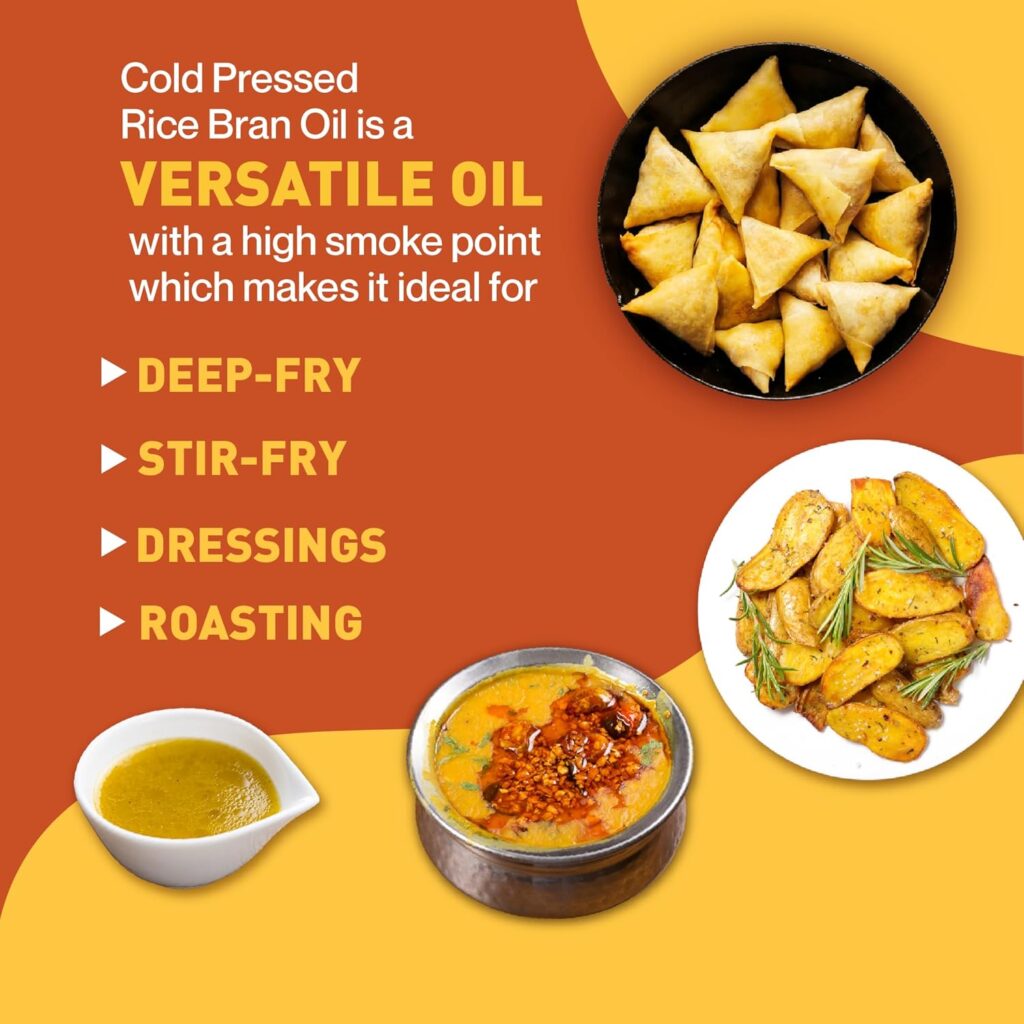Cooking Oil is essential in every kitchen. It influences cooking performance, flavor, and the body’s nutritional benefits. But not all oils are equal. Choosing the best oil depends on several factors like health benefits, smoke point, and taste.
Table of Contents
Why Choosing the Right Cooking Oil Matters
Health Benefits of Cooking Oil
Cooking oil affects your heart, weight, and cholesterol levels. Oils rich in unsaturated fats support better heart health. Extra virgin olive oil, for example, is loaded with antioxidants. Saturated fat-rich oils may increase your LDL or bad cholesterol levels.
Choose oils that support your personal health and dietary needs. Moreover, many oils contain essential fatty acids. These improve brain function and reduce inflammation.
Impact of Cooking Oil on Heart Health
Your heart loves healthy oil. Studies have shown that monounsaturated fats can lower LDL cholesterol. Olive and avocado oils are both nutritious and heart-friendly choices. In contrast, palm oil and coconut oil, though natural, are high in saturated fats.
Also Read : Horse Gram
Understanding Smoke Points of Oils.
Smoke Point and Its Importance in Cooking Oil
Oil smokes and breaks down at a certain temperature, losing health value. This breaks down nutrients and releases harmful compounds. For frying, sunflower and similar high smoke point oils work best. Reserve delicate oils for salads or final touches on cooked food.
Which Cooking Oil Is Best for Frying?
Choose oils with smoke points above 400°F for frying. Peanut, safflower, and canola oils are examples of low smoke point oils. These oils stay stable at high heat and retain their structure.
Also Read : Cutlery Sets
Nutritional Comparison of Different Cooking Oils
Comparing the Nutritional Values of Oils
Vitamin E and antioxidants make olive oil a great health booster. Coconut oil contains medium-chain triglycerides that boost energy. This oil stays strong at heat and helps support heart wellness.
Sunflower and soybean oils are rich in polyunsaturated fatty acids. These fats help lower cholesterol but oxidize quickly when exposed to air or heat. This makes storage and cooking methods vital.
Omega Balance in Cooking Oils
Oils like flaxseed and walnut oil have a high omega-3 content. This fatty acid supports brain health and reduces inflammation. Corn and soybean oils increase omega-6, which many people already overconsume.
Balancing omega-6 and omega-3 is crucial. Too much omega-6 can lead to chronic inflammation.
Also Read : Water Bottles
Best Oils Based on Cooking Methods
Cold-Pressed vs Refined Cooking Oil
Also Read : Must-Have Home Gadgets
Environmental and Ethical Considerations
Choosing Local Cooking Oils
Locally produced oils reduce carbon footprint. Mustard and groundnut oils are common in many regional Indian kitchens. Supporting local farmers can also promote sustainable agriculture.
Also Read : Fantastic Giloy
Taste and Culinary Applications
Using Cooking Oil as a Finishing Touch
Also Read : Ashwagandha Magic
Storing and Handling Cooking Oils
Shelf Life of Different Oils
Oils like coconut and ghee last longer due to saturated fats. In contrast, flaxseed and fish oils spoil quickly. Always check expiry dates and store accordingly.
Cooking Oil Myths Busted
Many people believe that all fats are harmful, but that’s not true. Fat-soluble vitamins like A and D need healthy fats for absorption. Coconut oil isn’t always harmful; it depends on how and when used. However, in moderation, its MCTs provide quick energy and may support metabolism. Some also think refined oil is harmful across the board. But in high-heat cooking, refined oils can actually be safer due to their higher smoke points. It’s also a myth that more expensive oil is always better. The key is choosing the right oil for your cooking style and health needs.
Also Read : 14 Foods You Should Never Refrigerate
Lesser-Known Oils Worth Trying
Beyond the popular choices, there are many lesser-known oils that deserve a spot in your kitchen. Korean recipes and salad toppings benefit from perilla oil’s omega-3 richness. Camellia oil, native to East Asia, offers a mild flavor and is high in antioxidants. For rich taste and heat endurance, macadamia oil is an excellent pick. Though less known, these oils enrich diet and dish variety. Always research their storage needs and ideal usage before including them in your daily cooking. Using different oils helps improve taste and nutrient balance.
Also Read : Sugar-Free Life
Blending Cooking Oils for Balance
Also Read : How to Prevent from Covid and Other Viruses
Also Read : Scrolling Overload
FAQs: All About Cooking Oil
What is the healthiest cooking oil?
Extra virgin olive oil tops the list for most people. It contains antioxidants and heart-friendly fats.
Can I reuse cooking oil?
Reusing oil reduces quality and can release harmful compounds. It is best to avoid reuse.
Which oil is best for Indian cooking?
Mustard oil and groundnut oil are commonly used. They suit high-heat methods like frying.
How can I tell if oil has gone bad?
Are vegetable oils healthy?
Canola and soybean oils give heart-healthy fats and support cooking needs. But balance is key.
Also Read : How to Take Care of Your Parents
Final Thoughts: Which Oil Is Truly the Best?
Personalized Choices Based on Needs
The best oil depends on your dietary needs, cooking methods, and preferences. Olive oil is versatile and healthy. Avocado oil balances health with performance. Coconut oil suits traditional and tropical cooking.
Diversify your oil usage. This gives you the benefits of different fatty acids. Balance is better than obsession over one perfect oil.
Also Read : The Truth About Sleep Deprivation

